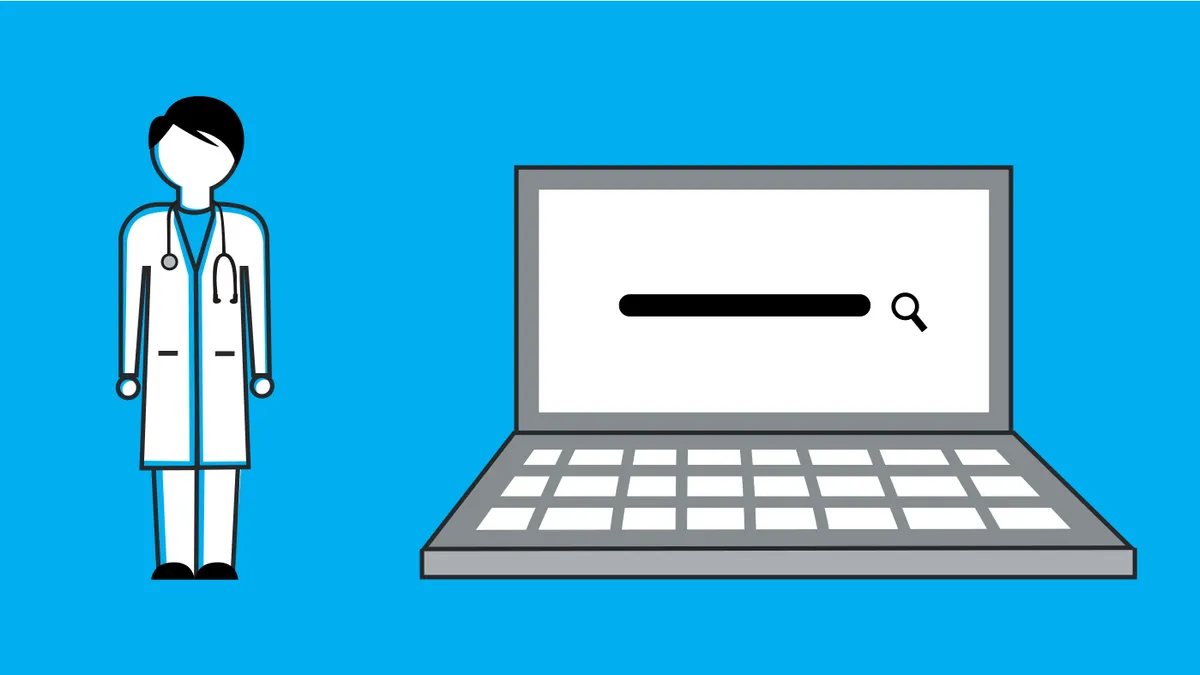Dive Brief:
- Small businesses have never been on the same level as their larger counterparts when it comes to providing healthcare coverage benefits, but due to the Affordable Care Act, that scenario is even more acute today, according to Employee Benefits News.
- EBN cites new research from the Employee Benefit Research Institute (EBRI) that the percentage of employers with fewer than 100 workers offering paid healthcare benefits has dipped to an average of 24%. It's even higher, 36%, for employers with fewer than 10 workers.
- At the same time, there has been no such decline on employer-paid health insurance rates among larger employers, as those rates have held steady, according to the EBRI study.
Dive Insight:
EBRI study author Paul Fronstin told EBN that the federal health exchanges “haven’t taken off. Just because you create something doesn’t mean [employees] will use it.” Instead, people who work for smaller employers either get their coverage elsewhere (spouses, primarily) or just go bare and pay the penalty.
Fronstin acknowledges that smaller employers historically were not big on paying for healthcare coverage all along, but growing issues such as a fear of rising healthcare costs, negative views of the ACA, the 2008 recession and unemployment and labor uncertainty make it even easier for them to ignore health plan sponsorship.
Time and again, we hear about the strong connection between employer-paid health coverage and talent attraction and retention. But at these very small employers, that correlation is complicated. 68-80% of small employers in the study say the lack of paid healthcare has "no impact" on employee recruitment, retention, attitude and performance.














